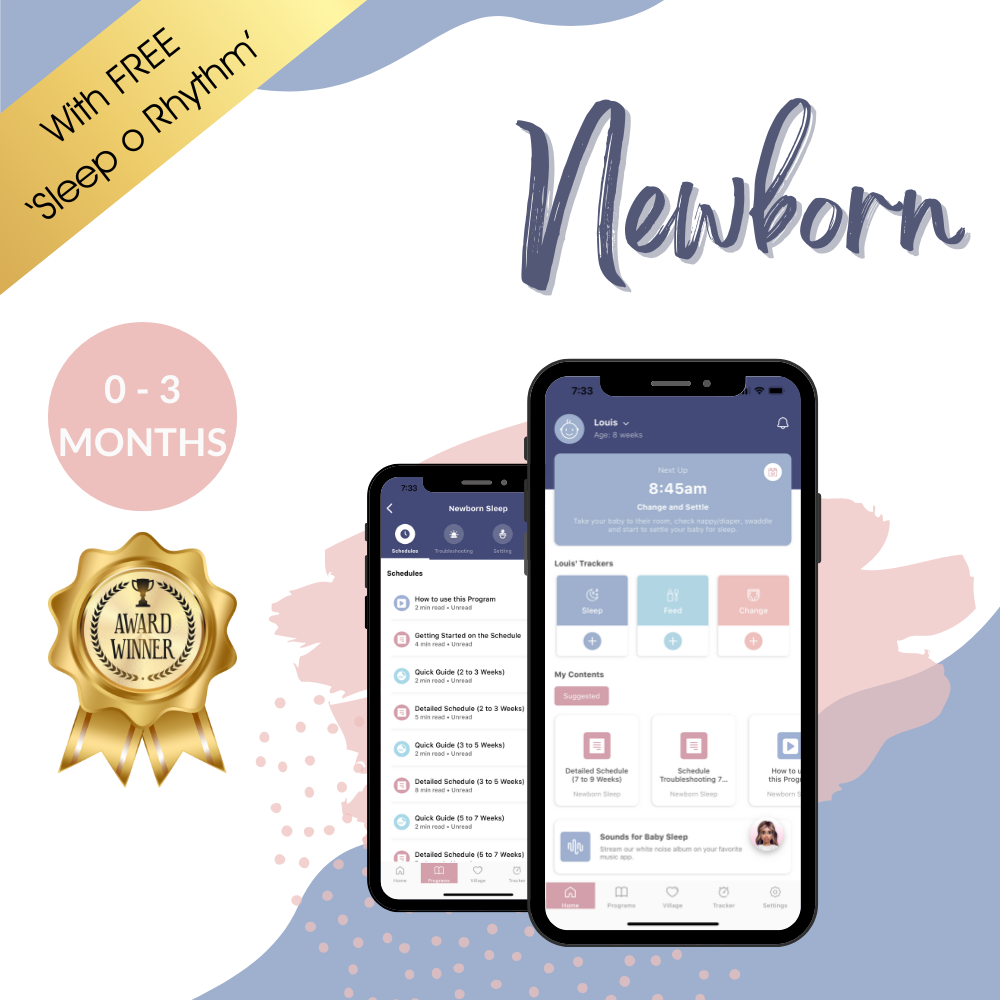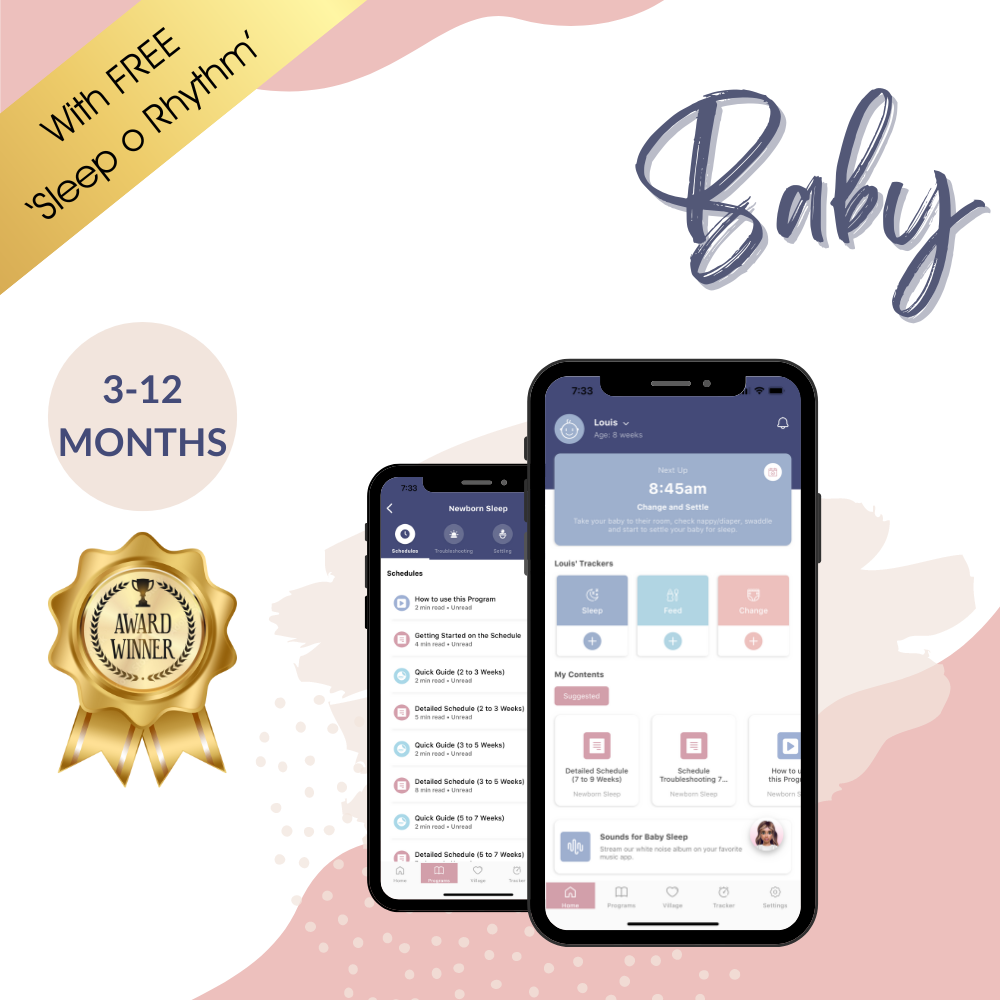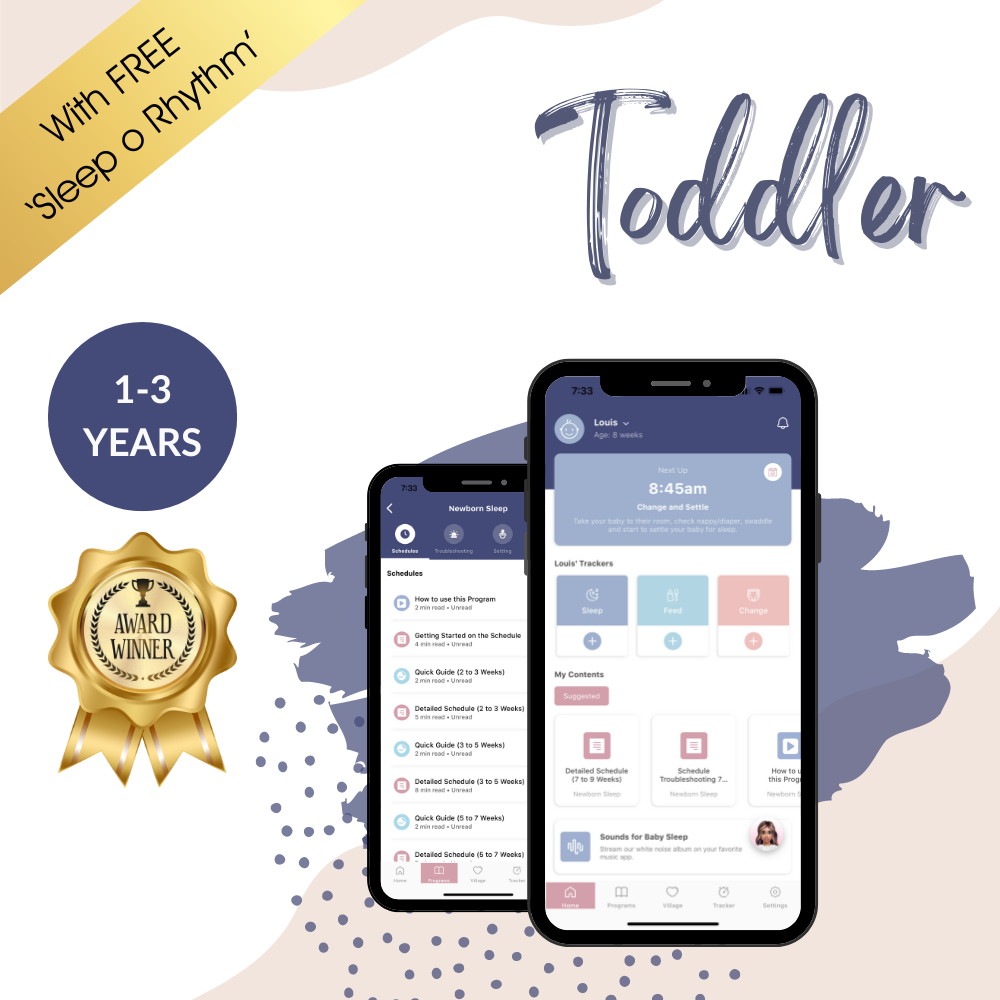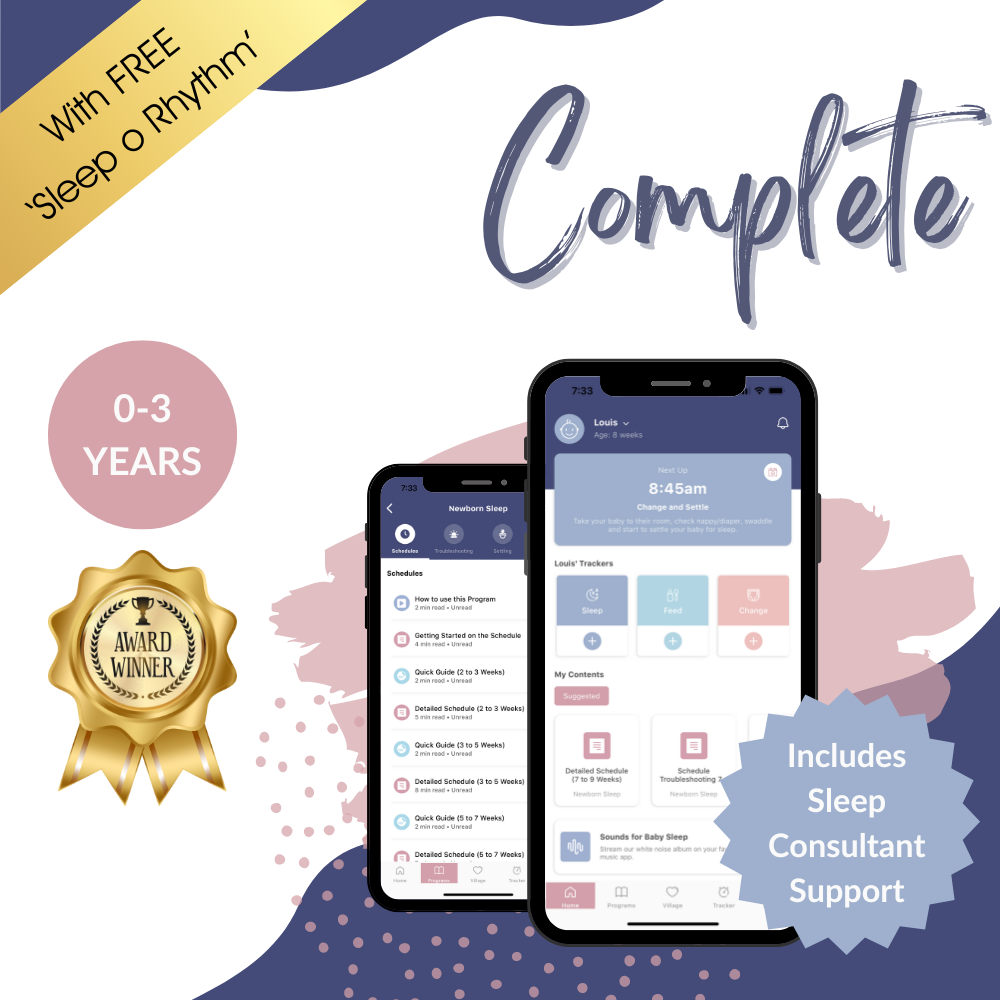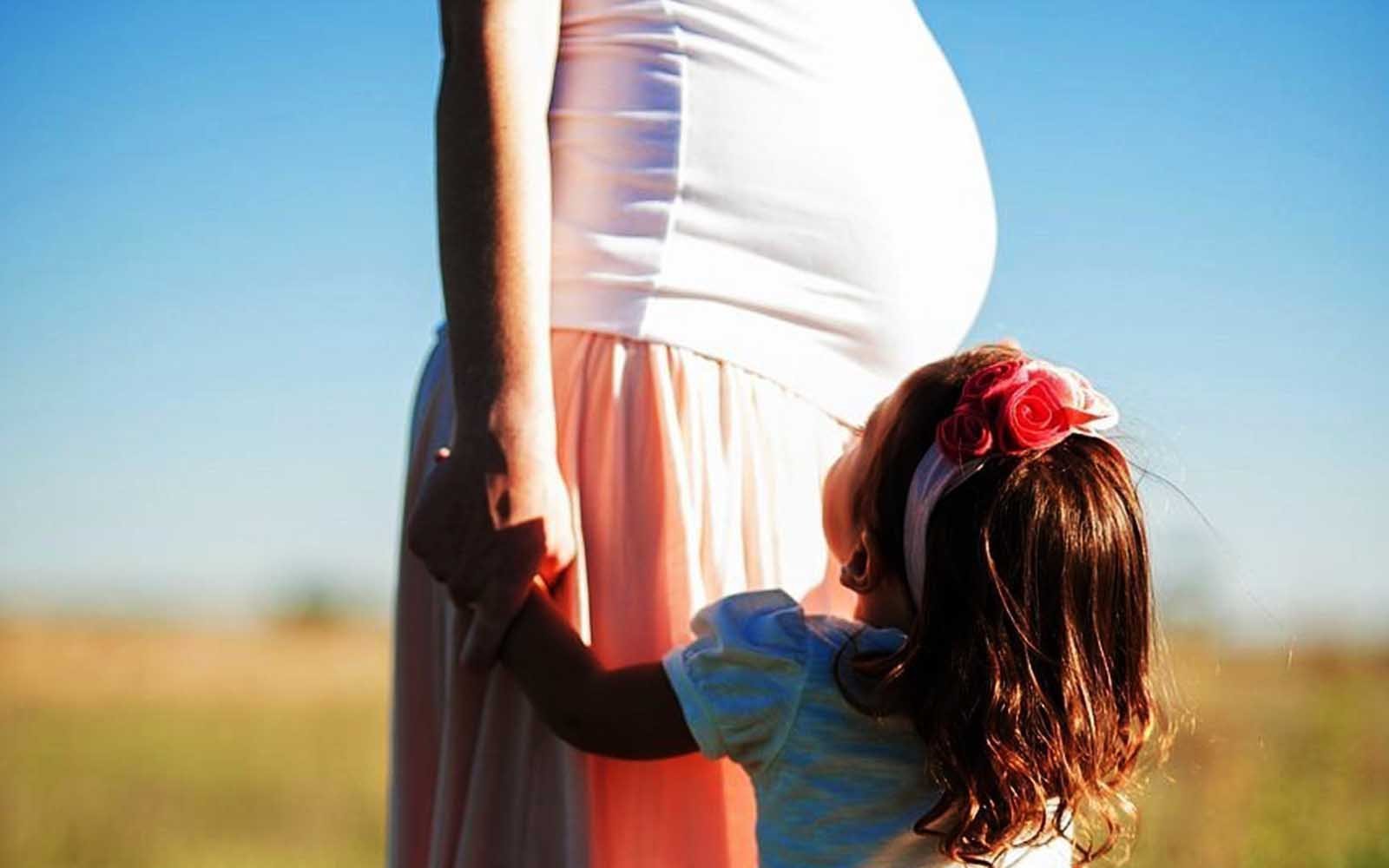
Finding the village: being a mother in this isolated world
There is a reason we mothers like to talk. And talk and talk and laugh and connect and share and unburden. It’s a common source of light-hearted teasing that us females are chatterboxes and it’s completely true. We do this in cafes, in the supermarket, on the phone, on Facebook, in coffee groups, to strangers in baby clothing stores. There is a deeply ingrained, biological reason we talk so much and this reason is behind why mothers often feel so unsure, lack confidence and crave human, adult contact: we have a deep primal need to be around a bunch of other women and chat, share, learn, cry, lean, sympathise, assist, love, be loved. We don’t get nearly enough chances to do that these days.
It's like having a sleep consultant in your pocket!
Biologically (and physiologically) we are exactly the same as our ancestors were 30,000 years ago. Society has changed, cultural values and expectations have changed - very drastically. But our hard-wired function as women and as mothers remains the same. In this new world, we have socially out-evolved our biology.
Or, to put it simply, our brains think we're still living in caves.
Help your family to sleep better with our Sleep Programs , trusted by medical professionals worldwide.
Get our Sleep Programs
Up until the last hundred or so years, women have always lived in extended family groups - at the very least you'd have had one set of parents living with you, not to mention being very community orientated; close with your neighbours, church group, women's guild. These women were kin, they formed the village. We are meant to group together - it's the nature of our species and especially our gender. We are meant to parent together, with other mums, with elders and sisters and aunts and cousins who pass on wisdom and help us every day, through everything. We are meant to have been there with these other women, watching, assisting, from a young age as they first had their children - this is how we learnt. We are not, ever, supposed to have done this alone.
But unfortunately this sense of community, this "village" we instinctively crave is just not fashionable these days. We have somehow socially evolved far beyond our biological mainframe and we now isolate ourselves as women and as mothers. We live in tiny family units instead of clans, where we are often the only adult female - we are matriarch and novice all in one. We are usually the prime caregiver, outnumbered by several children who, historically, would have been raised communally by the other women around us. To exacerbate matters, we choose to (or need to) also work away from the home, then feel guilty for having to do so. We are full time mums and full time workers, chefs, cleaners, problem solvers, babysitters, negotiators. We try and do the work of a village on our own, feeling a sense of failure and setting standards for ourselves that are unattainable in this modern paradigm.
In the village we didn't need to read endless parenting books; we had the on-hand guidance of generations of experts. In the village we never had to face challenging situations on our own; we were backed by a league of our kin who knew just what to do. In the village, we were cared for postpartum and when we were sick and if we were tired the kids would be scooped away by a sister or an aunt so that we could rest. We understood each other's needs, as women, as mothers, and in the village we responded.
In the village, our children were taught traditions and culture by the large group of mother-figures around them. They were nurtured, physically and emotionally, in a comprehensive support network. There was always someone to care for them, even if Mum needed some time out. Children in this village were recipients of a rich, multi-generational heritage on a much larger scale than the fragmented family units we find ourselves in these days.
So, in the aftermath of the village, in this modern world of motherhood that has somehow snuck up on us, this is what we're left with:
- Parenting in isolation, without the continuous support of generations of experts around us. No wonder this has lead to -
- Higher rates of postnatal depression and an increase in the use of associated medication, which of course leaves us mums with -
- Overwhelming feelings of loneliness, confusion and a sense of failure. We have ongoing -
- Quests for knowledge, but don’t know where to look or what advice to trust. And so we feel -
- Guilt, fear and anxiety at our own ability as mothers. Above all, is sheer -
- Exhaustion.
We have replaced the village with a single entity: Ourselves. We have replaced the women around us with an empty room. We were never ready for this loss, for this quite sudden and devastating shift towards “modern parenting”.
In the aftermath of the village, like any apocalyptic event, there is a whole new normal we have to adapt to.
How do we know where to start?
Let us be your village.
Because we've made one, here.
__________
Bibliography
Best Practice Journal: Postnatal depression
Small, M. F (1998). Our Babies, Ourselves: how biology and culture shape the way we parent. Random House: Anchor Books.
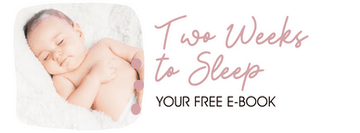
Receive product and services updates, promotional offers and other marketing communications based.


